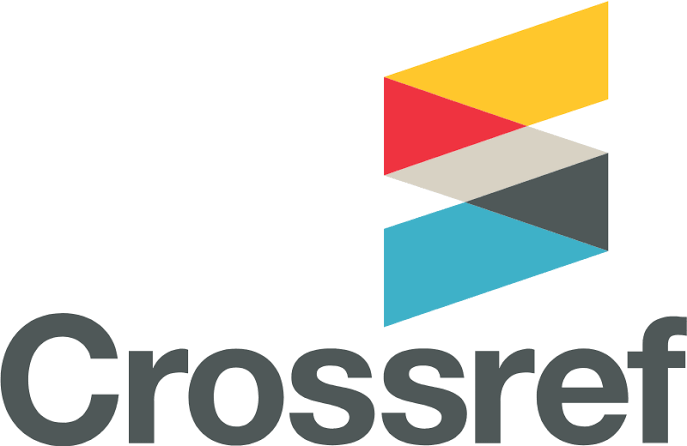Exploring the Ethical Leadership Dimensions of Principals for Enhanced Secondary Education Goal Attainment in Anambra State
DOI:
https://doi.org/10.59795/m.v7i2.140Keywords:
Ethical Leadership, Principals, Ethical People Orientation, Ethical Guidance Secondary Education, Goal AttainmentAbstract
This study investigated the dimensions of principals’ ethical leadership and their relationship with secondary education goal attainment in Anambra State. Specifically, it examined the relationship between principals’ ethical people orientation, ethical guidance, and the realization of educational goals. Two research questions and two null hypotheses guided the study. A correlational research design was adopted. The study population comprised 7,548 teachers across 267 public secondary schools in Anambra State. Using proportionate stratified sampling, a sample of 614 teachers was selected. Data were collected using a researcher-developed instrument titled Principals’ Ethical Leadership Practices and Secondary Education Goal Attainment Questionnaire (PELPSEGAQ). The face and content validity of the instrument were ascertained by three experts in Educational Management and Measurement and Evaluation from the University of Calabar. Reliability was established using the Cronbach Alpha method, yielding coefficients ranging from 0.87 to 0.89. The Pearson Product Moment Correlation Coefficient (r) was employed to answer the research questions and test the null hypotheses at the 0.05 level of significance. Findings revealed a statistically significant positive relationship between principals’ ethical people orientation, ethical guidance, and secondary education goal attainment in Anambra State. The study concluded that ethical leadership practices by principals are critical for achieving secondary education goals. Based on these findings, it was recommended that the Post Primary Schools Service Commission (PPSSC) should develop and enforce ethical leadership standards, alongside strong monitoring mechanisms, across public secondary schools. This would help ensure that leadership practices are consistently aligned with the attainment of educational objectives.
Downloads
Published
How to Cite
Issue
Section
License
Copyright (c) 2025 Multi-Disciplinary Research and Development Journals Int'l

This work is licensed under a Creative Commons Attribution-NonCommercial-NoDerivatives 4.0 International License.












